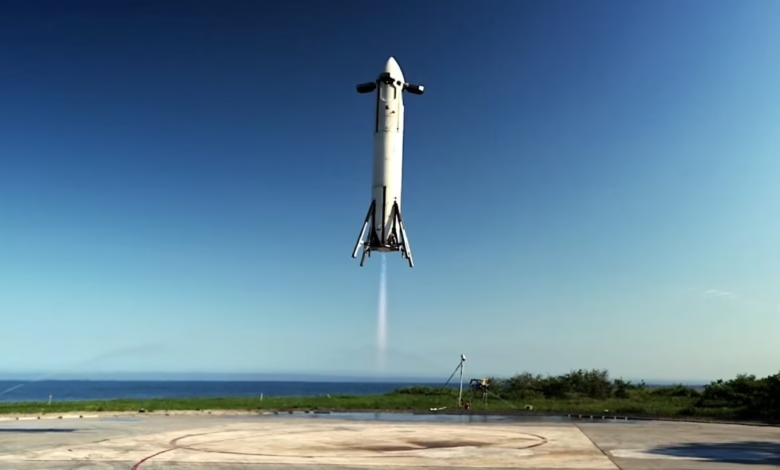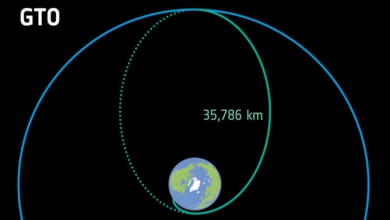Honda’s Rocket Hopper Puts It in the Space Race

▼ Summary
– Honda successfully tested an experimental reusable rocket that flew to 890 feet and landed precisely at its test facility in Japan.
– The rocket is the first outside the U.S. and China to demonstrate vertical takeoff and landing technology for potential reusable launch vehicles.
– Honda had previously revealed in 2021 it was developing a rocket engine and a small satellite launch vehicle capable of carrying 1 metric ton to low-Earth orbit.
– The company plans to decide by 2025 or 2026 whether to proceed with the project and develop an operational rocket.
– The rocket featured retractable landing legs and aerodynamic fins similar to SpaceX’s Falcon 9, completing the 57-second flight with high precision.
Honda has taken a bold leap into the aerospace industry with its successful test of an experimental reusable rocket, marking a significant milestone for the automotive giant. The prototype vehicle soared to nearly 900 feet before executing a precise vertical landing at Honda’s test facility in northern Japan. This achievement positions Honda as the first company outside the U.S. and China to demonstrate such advanced vertical takeoff and landing (VTVL) technology, a critical capability for reusable launch systems.
While the test flight might seem modest compared to orbital missions, it represents a major step forward for Honda’s aerospace ambitions. The company had previously hinted at its rocket development program in 2021, revealing work on a small satellite launch vehicle capable of delivering payloads up to 1 metric ton to low-Earth orbit. However, details about the project had been scarce until this week’s surprise announcement.
The recent test showcased several cutting-edge aerospace technologies, including retractable landing gear and deployable aerodynamic fins similar to those used by SpaceX’s Falcon 9 boosters. The rocket ascended from a launch pedestal, reached its peak altitude, then descended smoothly, touching down just 15 inches from its target, a remarkable feat of precision engineering. The entire flight lasted less than a minute, but it demonstrated Honda’s growing expertise in propulsion and flight control systems.
Honda’s long-term plans remain unclear, but the company has previously indicated it would make a final decision on pursuing operational rocket development by 2025 or 2026. If successful, Honda could become a key player in the burgeoning small satellite launch market, competing with established aerospace firms and startups alike.
The unexpected revival of Honda’s rocket program underscores the company’s willingness to explore disruptive technologies beyond automotive manufacturing. With this latest test, Honda has proven it has the technical prowess to compete in the high-stakes space race, setting the stage for potential future breakthroughs in reusable launch vehicles.
(Source: Ars Technica)
